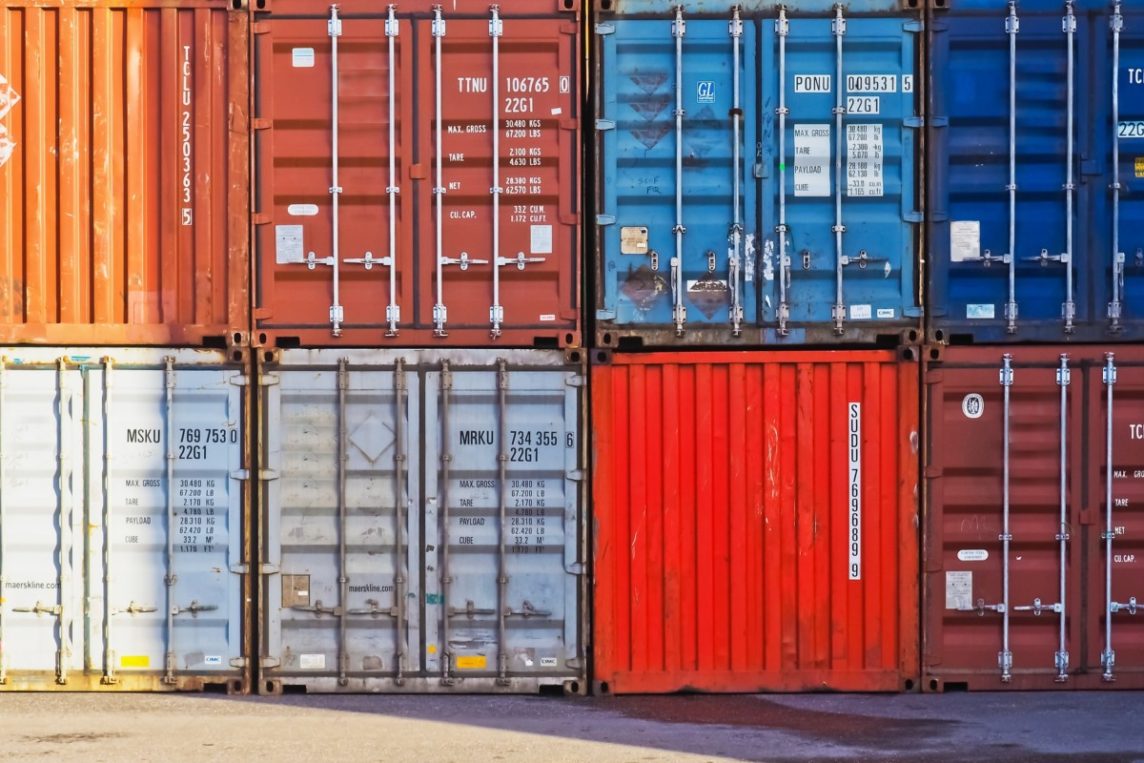In 2018, the United States’ trade deficit in goods climbed to an historic high of $891.3 billion, up from $807.5 billion in 2017. During this time, the merchandise deficits with China, Mexico, and the EU all hit record highs, and total containerized exports dropped 0.2 percent. (The overall deficit is $621 billion, offset by the surplus in US exports of services, as opposed to goods.)
In another era, this might not be headline news, since most economists don’t attach much importance to the trade deficit. However, President Trump has made reducing the trade deficit a cornerstone of his economic agenda, so many observers were quick to point out that his program of tariffs is currently having the opposite effect. Parsing out why the trade deficit has ballooned even in the face of tariffs can be a daunting task, but it’s crucial to understanding just what this news portends for exporters, the freight market, and the health of the global economy.
Why the Trade Deficit Grew
- Tax cuts: The Trump Administration’s tax cut left Americans flush with cash, which they used to buy more imported goods. Demand for Mexican avocados and Chinese-made televisions hasn’t slackened, nor has domestic production managed to seriously threaten them.
- Strong dollar: The strength of the dollar against other currencies hurt exports, as they made US-manufactured goods too expensive for foreign markets. This was especially true in China, where retaliatory tariffs decimated demand for several commodities. According to JOC, dry distillers grain exports to China dropped 61.3 percent last year, while soybean exports to China fell 56.5 percent.
- Slowing growth: Even as the American economy continued to chug along for much of 2018, many of the world’s other major economies began to cool off. In March 2019, the Organization for Economic Cooperation and Development reduced its projected growth for much of the world, with the U.K. and the Eurozone showing the most precipitous drops. The degree to which this slowdown can be attributed to tariffs versus other factors is debatable, but it stands to reason that a rising tide of isolationism doesn’t mix well with an economy that has been built on globalism for the past twenty years.
What the Trade Deficit Means
According to some observers, the trade deficit means that Trump’s policies are working as intended, and will eventually right themselves when new deals take effect. Meanwhile, others see the deficit as proof that this administration’s policies have failed, and it would be folly to pursue them further. Between those two extremes, there are economists who still maintain that the trade deficit simply isn’t a very informative barometer for overall economic health. As Lawrence H. Summers, director of the National Economic Council under President Obama, put it: “The president notwithstanding, I’d rather live in a country that capital is trying to get into, rather than get out of. The reason we have a trade deficit is people are investing in America.”
For the average businessperson in the US, the deficit isn’t an issue of day-to-day concern. Yet for exporters whose business in China has collapsed, the effects can be dire. Exporters attempting to exploit alternative markets in Asia are finding the process difficult: there are fewer direct liner services to other countries, some ports aren’t equipped to accommodate the largest megaships, and intermodal rates from the US interior continue to climb, despite the drop-off in foreign demand.
For other industries, the trade deficit itself may not be cause for concern, but the cooling global economy is. Falling trade volumes and stalling manufacturing will affect everyone sooner or later and will do nothing to increase the global appetite for American goods. Of course, the macro and microeconomic forces driving the global slowdown are bigger than US tariffs. The very complexity of these forces is part of the reason Donald Trump’s simplified reasoning around the deficit appealed to many. But it doesn’t take an advanced degree in economics to understand that what goes up must come down, and the trade deficit may be a sign that the peak is behind us.
Red Arrow Logistics has the scale and scope to meet the budget and schedule requirements of the largest and smallest companies alike. If we can be of assistance, please email me at liz.lasater@redarrowlogistics.com or give us a call 425-747-7914


